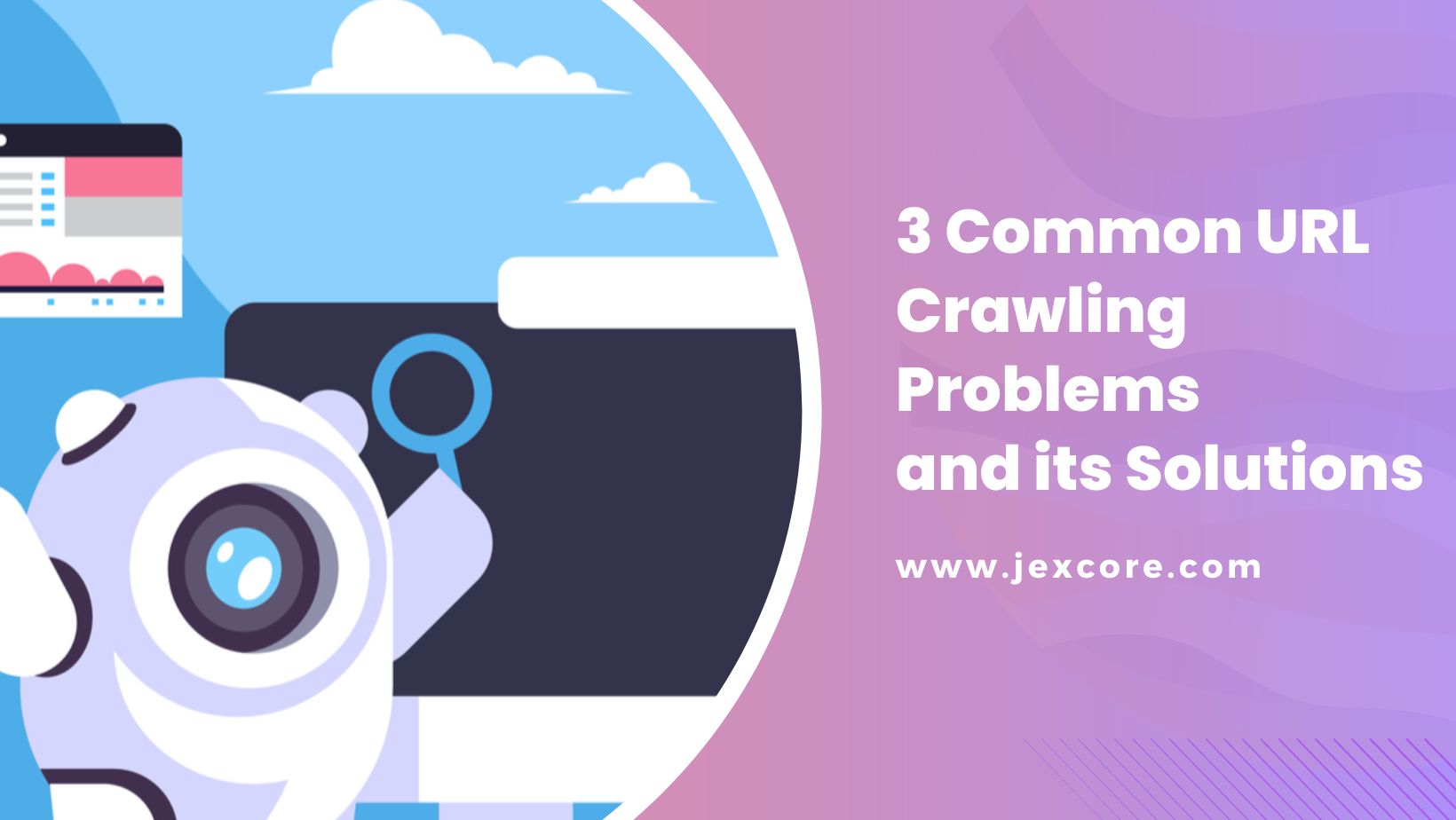
SEO can be separated into several fundamental classes: Content, Architecture, and Links. I think the vast majority grasp the significance of building content and getting links, however, there are a ton of bigger and ineffectively constructed locales that battle for certain essential issues with their URL structure. This can prompt a ton of issues, including many duplicate content issues.
The following are three of the most well-known URL issues that I have seen on various sites. In the event that your site has at least one of these issues, investigate these problem solutions and sort them out straight away.
Issue #1: Non-www and www Versions of Site URLs
In the event that your site has a non-www and www variant of every one of your URLs, you will be parting link value for similar content between two URLs. As opposed to catching 100 percent of link value on the page you need to rank in the search results, you could be doing a 50/50, 60/40, or some other sort of divided between the two URLs.
The Solution
There are several things you really want to do to fix this:
1. Decide which URL style you need to utilize, www or non-www.
2. Set up a 301 redirect so that any connection to your non-favored URL style will go to the correct style. This way you don’t squander link value by parting it between two URLs.
3. Set your favored domain in Google Webmaster Tools so your search result listings are reliable with your style inclination.
4. Make sure at whatever point you build connections to your site that you utilize the preferred URL style.
Issue #2: Duplicate Home Page URLs
This is a nearby cousin to Problem #1, it is particularly terrible because it’s your landing page.
It is feasible to have many URLs that all go to your landing page content, particularly on the off chance that you haven’t fixed your www and non-www duplication, which can bring about a ton of pointless duplication. For instance:
- http://www.mysite.com
- http://mysite.com
- http://www.mysite.com/index.html
- http://mysite.com/index.html
These URLs will all prompt a similar content. In the event that you have links going to every one of them four, you will see a four-way parted in connecting value. There are plenty of websites that have fixed their non-www and www issues, yet I can in any case track down numerous variants of their landing page.
I’ve even run over sites with various extensions (.php, .html, .htm, and so on) that raise a similar page too. This prompts significantly more duplication and possibly waste link value.
The Fix
The fix here is basically the same as the first. The following are a couple of tips
- Set your really landing page URL to be http://www.mysite.com. 301 redirect all the other things to this URL since it is the most fundamental (If your preferred URL style is non-www, then, at that point, do http://mysite.com)
- If you need to set up various variants for tracking purpose or another explanation, set a canonical tag to show the web crawlers which version you need appearing in the search results.
- Make sure when you build links to your landing page that you connect to the right version.
Issue #3: Dynamic URLs
This is a pleasant one that a ton of not-really SEO-friendly shopping cart programs run into. When you begin remembering a wide range of factors and boundaries for your URLs, the opportunities for copy content and wasted link values are interminable.
Permit me to outline. Every one of the following URLs could prompt a similar content:
http://www.mysite.com/somepage.html?param1=abc
- http://www.mysite.com/somepage.html?param1=abc&dest=goog
- http://www.mysite.com/somepage.html?param1=abc&dest=goog&camp=111
- http://www.mysite.com/somepage.html?param1=abc&dest=goog&camp=111&id=423
Presently consider the possibility that I begin revamping the boundaries. Indeed, they’ll in any case show a similar content. Thus, as you could imagine, this can make a ton of wasted link values.
There are different foundations for the dynamic URL issue. A ton of organizations utilize these parameter-based URLs for factual purposes. We simply need to ensure that you don’t mess yourself up according to a SEO viewpoint.
This issue likewise occurs with sites that give their members a special ID to use in their links. You could have 100 partners linking to a similar page, yet the URLs will be all unique in light of the fact that each member has their own exceptional ID.
The Fix
1 . If conceivable, ensure that your site is utilizing SEO-friendly URLs. It’s smarter to have a base URL that will lead to the content as opposed to a URL that depends on a parameter. For instance: http://www.mysite.com/extraordinary product.html is far superior to http://www.mysite.com/category.php?prod=123 where some conventional classification page is actually the base URL.
2. Set a canonical tag that advises the search engines to utilize the base rendition of the URL. That way you can in any case utilize boundary URLs like http://www.mysite.com/novel product.html?param1=123¶m2=423 to get your information, however the search engine will think about the fundamental basic version as the authority one.
3. An far superior method for dealing with this is to catch the information on the server side and afterward divert the visitor to the right URL after you have caught your information. A great deal of member networks like ShareASale and CJ do it along these lines, and you can to. The visit fundamentally goes this way: Visitor clicks on links with parameters – > Visitor goes to site, server records boundary information and 301 redirect them to the proper landing page – >Visitor scarcely sees the switch since it happens fast. These way you can get every one of the information you want, ensure all of the connection esteem goes to the right page, and your guest actually sees the thing they were pursuing.

